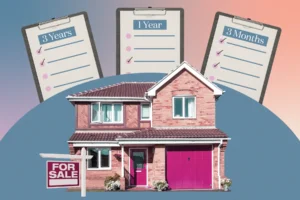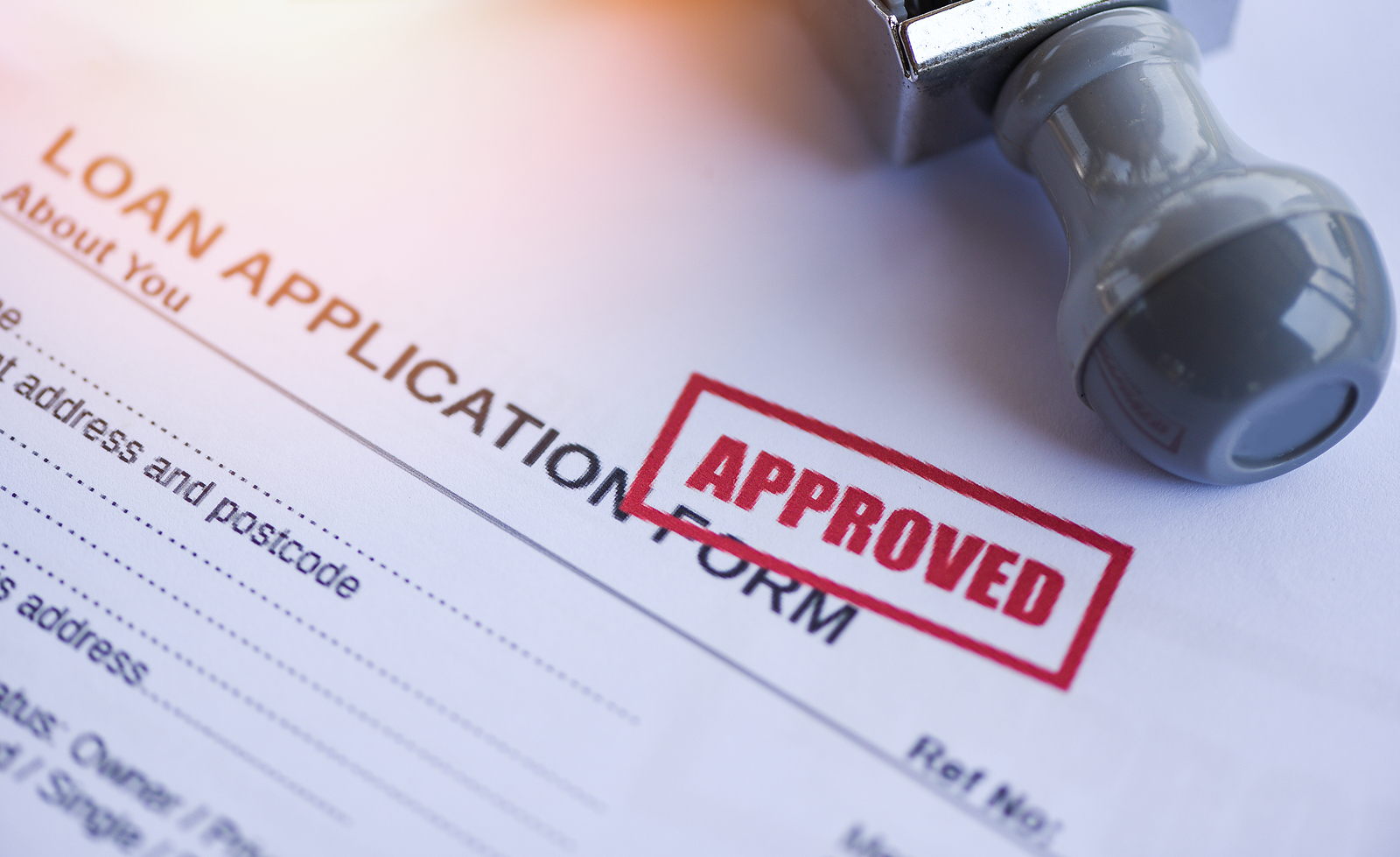Buying a home can be exhilarating, intimidating, and confusing all at the same time. You’re excited about the possibilities, anxious about the financial commitment, and perhaps a bit overwhelmed by the complex calculations involved. But don’t worry; you’re not alone in this journey.
In order to make a sound financial decision, you need to figure out how much you can afford, what kind of mortgage suits your lifestyle, and how to prepare for unexpected costs. Stick around, and we’ll guide you through the ins and outs of calculating your home buying budget.
Understanding Your Financial Picture
Before you even start browsing for homes, it’s essential to have a clear understanding of your current financial situation. It’s not just about how much money you have in the bank, but also about your credit score impact and your debt-to-income ratio.
Your credit score is a crucial factor in the home-buying process. It can impact your ability to secure a mortgage, the interest rate you’re offered, and even the types of homes you can afford. If you’ve got a low credit score, it might be worth taking some time to improve it before diving into the housing market.
On the other hand, your debt-to-income ratio is another significant aspect of your financial health. It’s calculated by dividing your total monthly debt payments by your gross monthly income. The lower this ratio, the better. A high ratio might indicate you’re living beyond your means and could struggle to keep up with additional mortgage payments. That’s why lenders often use this ratio to assess your ability to repay a home loan.
Evaluating Homeownership Costs
Now, let’s dive into the various costs of homeownership you’ll need to consider when setting your budget. It’s crucial to understand these expenses to anticipate your financial obligations accurately.
To start, conduct a thorough mortgage type comparison. Different loans come with different interest rates, repayment periods, and requirements. This comparison will help you choose the mortgage that best fits your financial situation.
Secondly, don’t overlook the insurance cost analysis. Home insurance varies depending on the property’s location, size, and value, among other factors. It’s a necessary expense that protects your investment against unforeseen damages.
There are also other costs to consider:
- Property taxes: These are usually a percentage of the home’s assessed value.
- Maintenance and repair costs: Regular upkeep is essential to maintaining your property’s value.
- Homeowners association fees (if applicable): These can cover costs for shared community amenities.
- Utilities: This includes electricity, water, gas, and other essentials.
- Closing costs: These are one-time fees paid at the closing of a real estate transaction.
Preparing for Unexpected Expenses
While you’ve accounted for the known costs of homeownership, it’s equally important to prepare for unexpected expenses that could arise. These could take the form of emergency repairs, sudden increases in property taxes, or unexpected hikes in insurance premiums.
First, consider setting aside emergency funds. This is money you keep on hand specifically for unforeseen expenses. It’s advisable to have three to six months’ worth of living expenses in your emergency fund. This can act as a financial cushion, providing you the flexibility to handle any surprise costs without disrupting your budget.
Next, think about insurance considerations. Do you have the right coverage for your property, and are you prepared for any changes in your premiums? It’s vital to reassess your insurance needs regularly and adjust your budget accordingly.
Consider the table below to understand where these costs can come from:
| Unexpected Expenses | Potential Solutions |
|---|---|
| Emergency Repairs | Emergency funds |
| Property Tax Hikes | Regular budget reviews |
| Insurance Premium Increases | Regular insurance reassessments |
Setting a Realistic Home-Buying Budget
To set a realistic home-buying budget, you’ll need to carefully evaluate your income, expenses, and long-term financial goals. It’s not just about how much you can borrow; you also have to consider how much you can afford. This includes thinking about your lifestyle, your future plans, and your comfort level with a mortgage payment.
Here are some steps for setting a realistic budget:
- Determine your monthly income
- Track your monthly expenses
- Identify your financial goals
- Understand your debt-to-income ratio
- Keep room for unexpected costs
This process is known as budget prioritization. It’s crucial not to overlook this step, as it forms the groundwork for your property selection.
Armed with a solid understanding of your finances, you’ll be in a position to make an informed choice about the type of property you can realistically afford. Remember, buying a home is a long-term commitment and can impact your financial health for years to come. So, take your time to get the numbers right and make a plan that you can stick to. This will set you up for success in your home buying journey.
Importance of Pre-approval Process
After setting your home buying budget, it’s smart to get pre-approved for a mortgage, a step that showcases its own importance in the home buying process. Why? Well, it’s all about the credit score implications and lender selection tips.
Pre-approval provides a clear picture of your financial health and whether you can afford a home. Lenders examine your credit history, income, and debt, then decide the mortgage amount they’re willing to lend. This process can potentially improve your credit score, as making timely payments on a new mortgage can showcase your financial responsibility.
But that’s not all. Pre-approval can also help you choose the right lender. Not all lenders offer the same interest rates or loan terms. By getting pre-approved, you can compare different lenders and choose the one that best fits your needs.
In other words, the pre-approval process is more than just a formality. It’s an invaluable tool in your home buying journey, helping you understand your financial standing and choose a lender that suits your unique situation. So, don’t skip this step; embrace it, and you’ll be one step closer to owning your dream home.
Frequently Asked Questions
What Are the Benefits of Hiring a Real Estate Agent When Buying a Home?
Hiring a real estate agent when buying a home offers you benefits like agent expertise and understanding the commission breakdown. They’ll guide you, negotiate prices, and ensure you’re making a sound investment.
How Can I Negotiate the Price of a Home Before Buying?
You can negotiate a home’s price by understanding the seller’s motivation and using inspection leverage. If there’s a rush to sell or issues are found during inspection, you’ve got room to negotiate a lower price.
What Is the Process of Applying for a Mortgage Loan?
To apply for a mortgage loan, you’ll first need a loan pre-approval. Then, you’ll choose from various mortgage types that suit your financial situation. You’ll submit your application and wait for approval or denial.
How Does My Credit Score Affect the Home Buying Process?
Your credit score greatly impacts your home buying process. A higher score can get you lower interest rates. If it’s low, you’ll need to focus on credit improvement to secure a better mortgage deal.
Can I buy a home even if I have existing debts or loans?
Yes, you can buy a home even with existing debts. Utilizing debt management strategies and loan consolidation benefits can help you manage your financial obligations while still allowing you to pursue homeownership.
Conclusion
In the end, it’s crucial to understand your finances, evaluate homeownership costs, prepare for unexpected expenses, and set a realistic home buying budget.
Don’t forget the importance of getting pre-approved. It’s not just about buying a house; it’s about making a wise financial decision.
Take your time, do your homework, and ensure your dream home doesn’t turn into a financial nightmare. Your future self will thank you.






